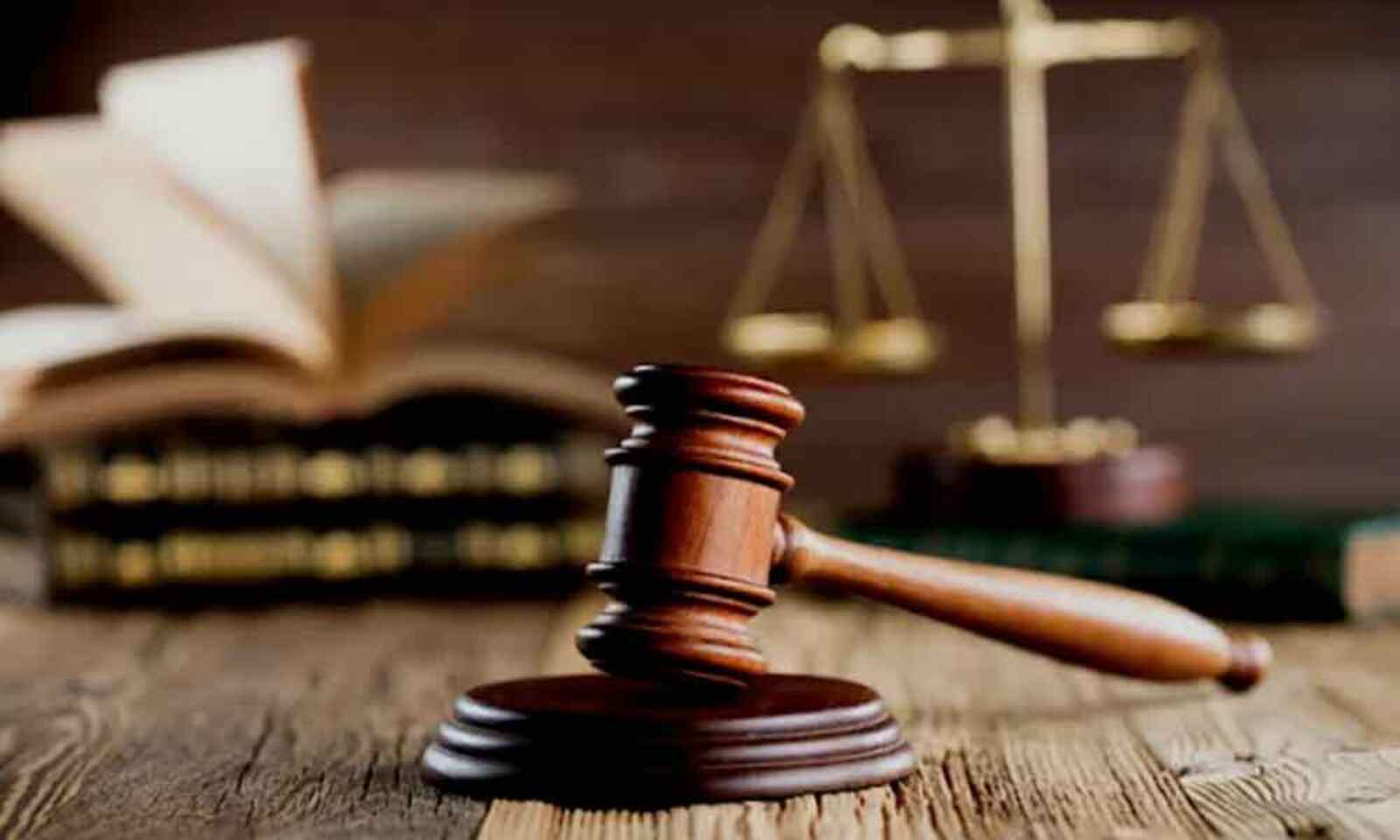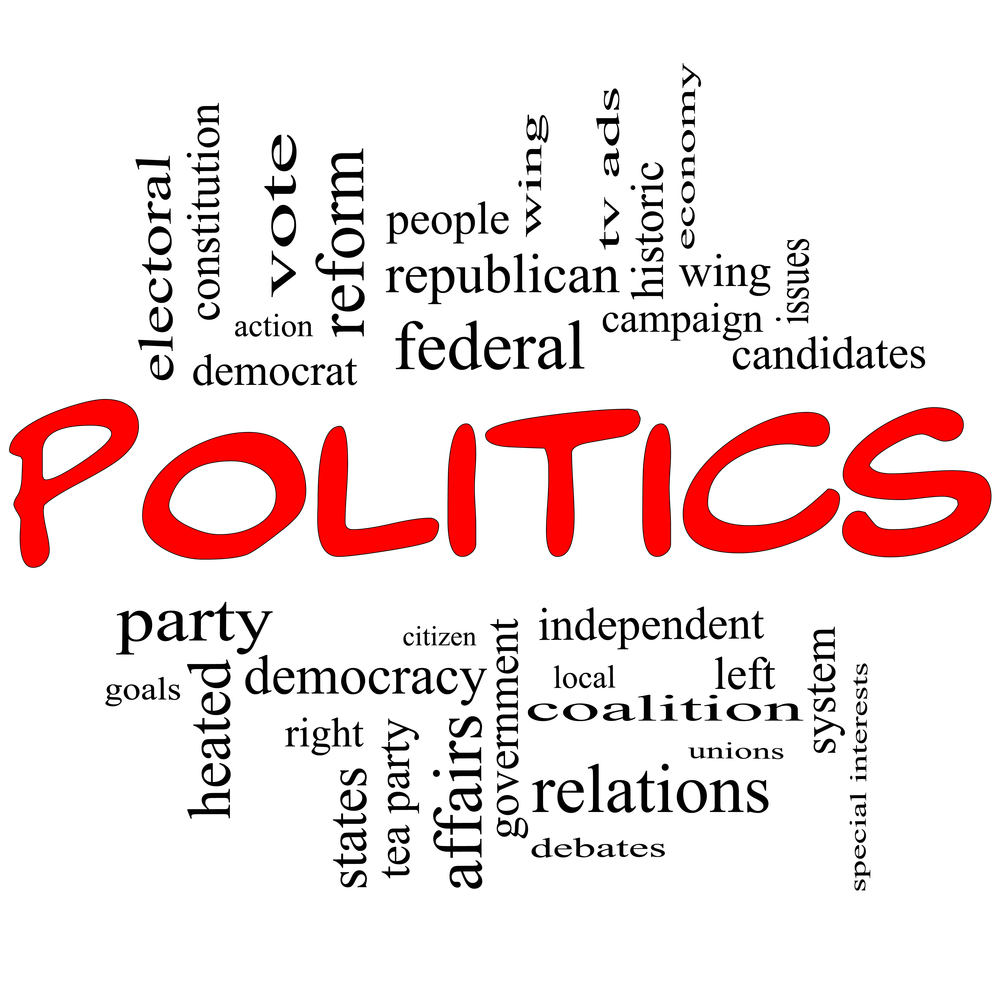Defections from Maha Vikas Aghadi or the Great Development Front coalition government have been widely seen as a sign of self-interest by those who defected from them. It has always been difficult to determine who is to blame in politics based on the diversity of group/sectional interests. The solution to this critical issue may be summarised thusly: Both of them are to blame. However, their flaws vary in kind. There’s an ethical obligation on major political parties, for example, to align their policies with constitutional ideals, party programmes, and the backing of smaller political groupings. In order to improve the country’s image abroad, it is incumbent upon a party with significant numbers and financial clout to put together a government that adheres to fundamental democratic ideals.

These parties, therefore, must take the lead in making smaller organisations equal participants in widening the scope of democracy. The reconfiguration or rebuilding of the governing combination should be guided by such concepts. The so-called national parties are thus responsible for not leading their members astray into political manoeuvres that require members of smaller groupings to violate constitutional and procedural restrictions.
In Maharashtra, the recent defection that led to the fall of the MVA government shows that both the party with resources and those who were deceived by such resources have contributed to violations of constitutional democracy’s principles and procedures, as the editorial comment in the current issue of Economic & Political Weekly suggests.
Even if the Bahujan castes’ morally susceptible politicians are encouraged by a political party with money, it is a double fault for the party to bow to such an authoritarian urge. An even more morally repugnant convergence occurs when the authoritarian political party’s dominating desire to rule over the majority of the poor unites with this fault line. Having a political party that seeks to obtain formal political power by whatever means necessary and using the vast riches it has just to govern over the impoverished people who are already suffering from extreme poverty is abhorrent, to say the least.
Politicians who, despite their modest origins, join the ranks of power-hungry for dominance over the people, regardless of the deteriorating conditions of those people, are really a disgrace. It doesn’t matter whether they’re hungry, destitute, anxious, or in any other state. In this way, the base of political power is shaky, resulting in the downfall of Dalit and Bahujan leaders on a regular basis.

This raises doubts about the idea of democracy as an equitable system. Egalitarian democracy, which would allow previously excluded social groups to take part in the country’s government, has been endorsed by social theory from the beginning of the twentieth century. It has long been claimed by social philosophers in western and southern India that an egalitarian democracy is more beneficial than an authoritarian democracy.
Furthermore, it was believed that those politicians, in particular, Dalit and Bahujan leaders, would capitalise on the advantages of such a democratically inclusive framework They haven’t done so wonderfully well at enhancing this historical advantage by becoming more democratic themselves and encouraging others to do the same. As a result, they are expected to build on this democratic foundation by following the rules that benefit the public at large.
Democracy is now teetering on the edge of deal and conversation because of recent political choices and acts. It is conceivable that their ability to create a governing coalition with the majority party suggests that they have struck a bargain with the people who voted them to power. But in most circumstances, elected officials who switch parties after being elected don’t have this problem. When slaves publicly recognise their master’s “generosity,” the discourse would begin with an inward criticism of the disposition that elevates the enslavers. In this case, the recipient of generosity sees it as the single most important component in elevating the person to a position of “power.”
Constitutional and democratic values must be questioned by lawmakers whose political, social, and professional careers depend on them, as part of internal criticism. A party with a strong desire for power does not need to rely on constitutional and democratic morals as an inexhaustible source of accountability in its political activity. Dialogue must take place within the parameters of democratic norms and legal standards. For individuals and their representatives alike, parliamentary democracy provides us with a unique chance to create a morally good, politically aware and socially sensitive atmosphere.

